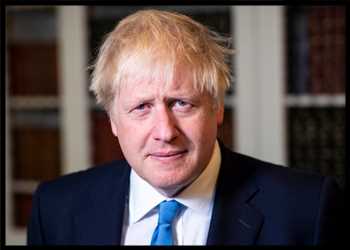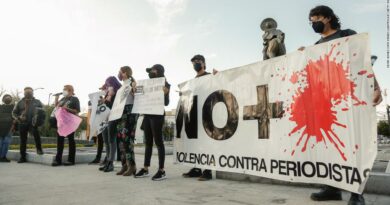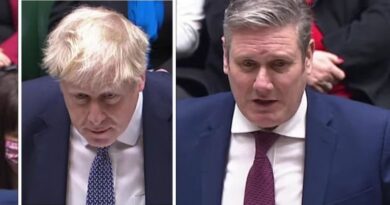Boris Johnson Resigns As Party Leader, To Continue As PM Until Successor Is Elected
Under pressure after a mass resignation of Cabinet ministers from his scandal-plagued government this week, British Prime Minister Boris Johnson resigned as leader of the Conservative party.
Publicly announcing his resignation at No.10, Downing Street, Thursday, Johnson said he will continue as Prime Minister until the party elects his successor.
Addressing the nation, Johnson said it was “clearly now the will of the parliamentary party” for there to be a new Prime Minister.
A timetable for his departure would be set by next week.
He said he was proud of his achievements, including getting Brexit a reality, leading the country through the pandemic and uniting the West against Russia’s invasion of Ukraine.
In apparent reference to the resignation of his ministers one by one, Johnson said, “at Westminster the herd instinct is powerful, when the herd moves, it moves.”
The crisis deepened Thursday morning as Northern Ireland Secretary Brandon Lewis and newly appointed Education Secretary Michelle Donelan resigned.
In addition, three of his aides – Caroline Johnson and Luke Hall, deputy chairs of the Conservative Party, and Rob Butler, a Parliamentary Private Secretary at the Foreign Office, announced they are quitting.
This brought the number of government ministers and Johnson’s aides who have resigned to more than 50, saying he was no longer fit to lead the country.
Despite his resignation, Johnson has been appointing new cabinet ministers to ensure the government continues to work as he prepares to depart.
Greg Clark is the new Levelling Up Secretary while Kit Malthouse is Chancellor for the Duchy of Lancaster.
James Cleverly becomes the third education minister in three days, while Robert Buckland is made Welsh Secretary.
Foreign Secretary Liz Truss is returning to London after cutting short her foreign trip.
58-year-old Johnson, who was Foreign Secretary under Theresa May, was elected Conservative leader and appointed Prime Minister in 2019.
It was he who re-opened Brexit negotiations, which ultimately culminated in the United Kingdom withdrawing from the European Union on January 31, 2020.
Numerous controversies have occurred during Johnson’s premiership.
The latest among them, the Chris Pincher scandal, led to the largest number of ministerial resignations in a 24-hour period, and to his decision to resign the party leadership.
Source: Read Full Article



